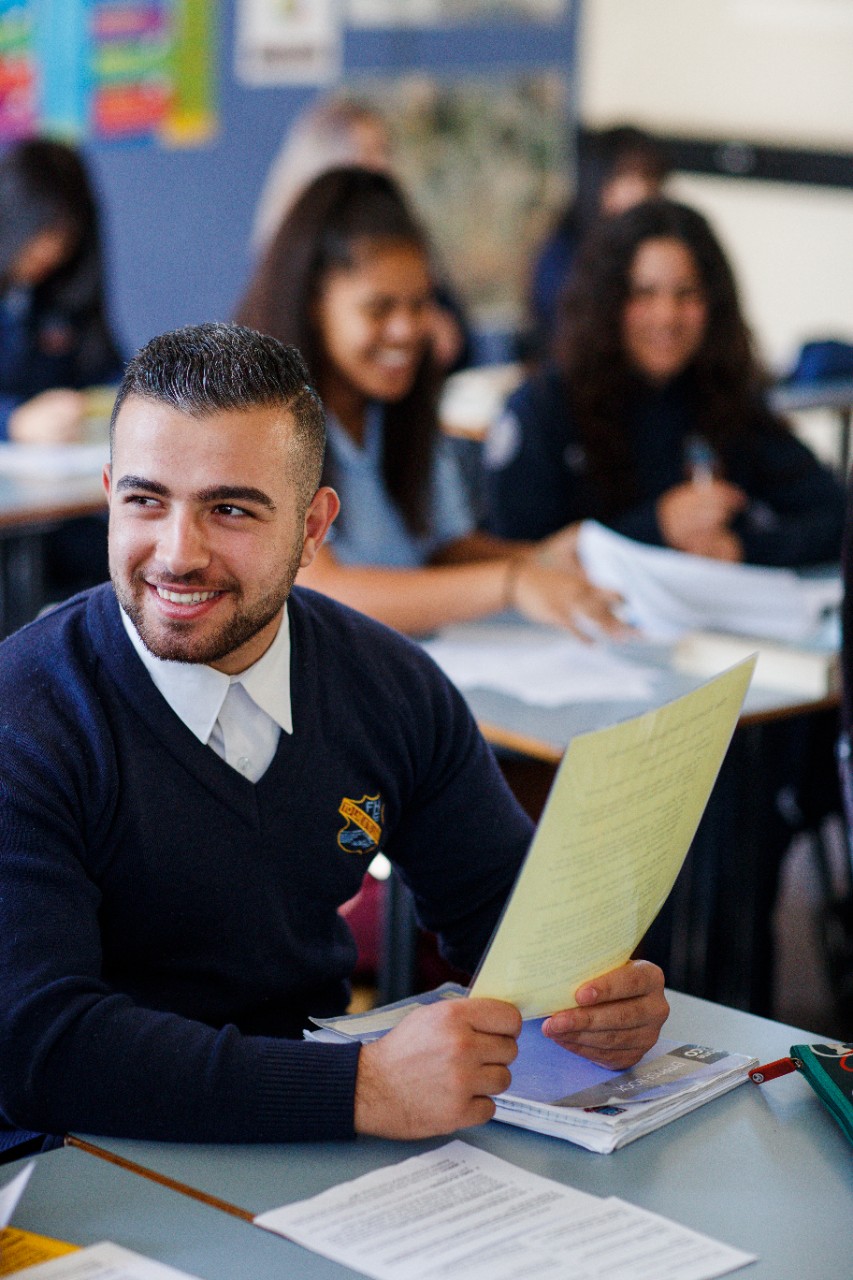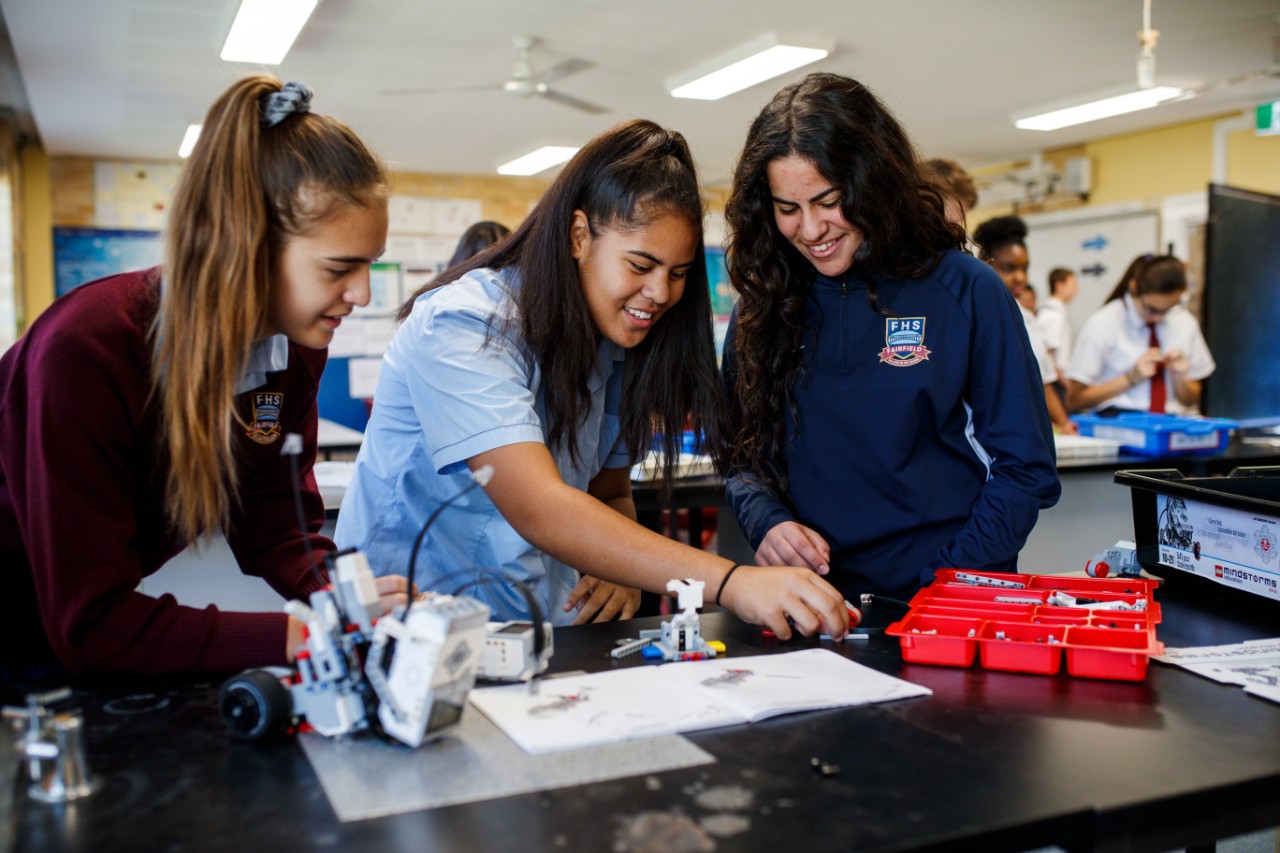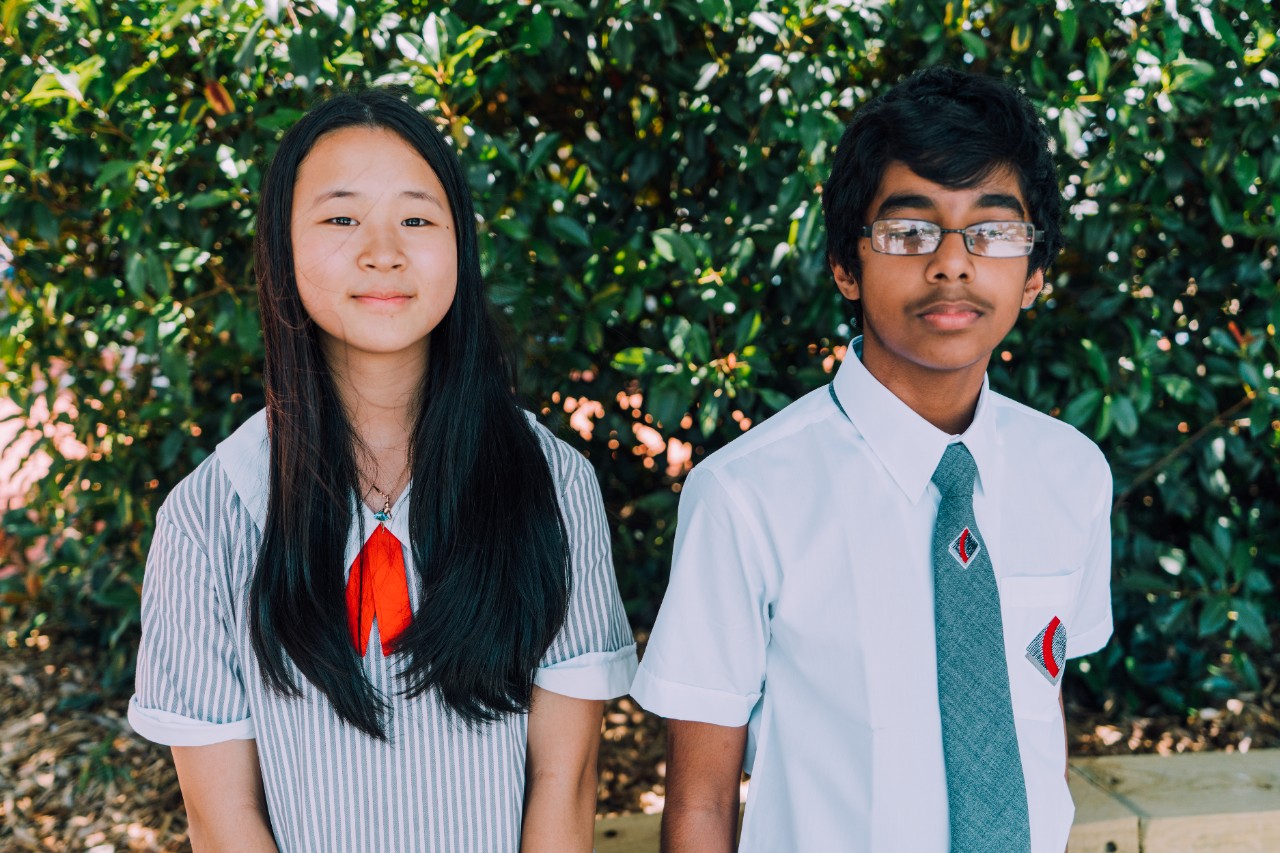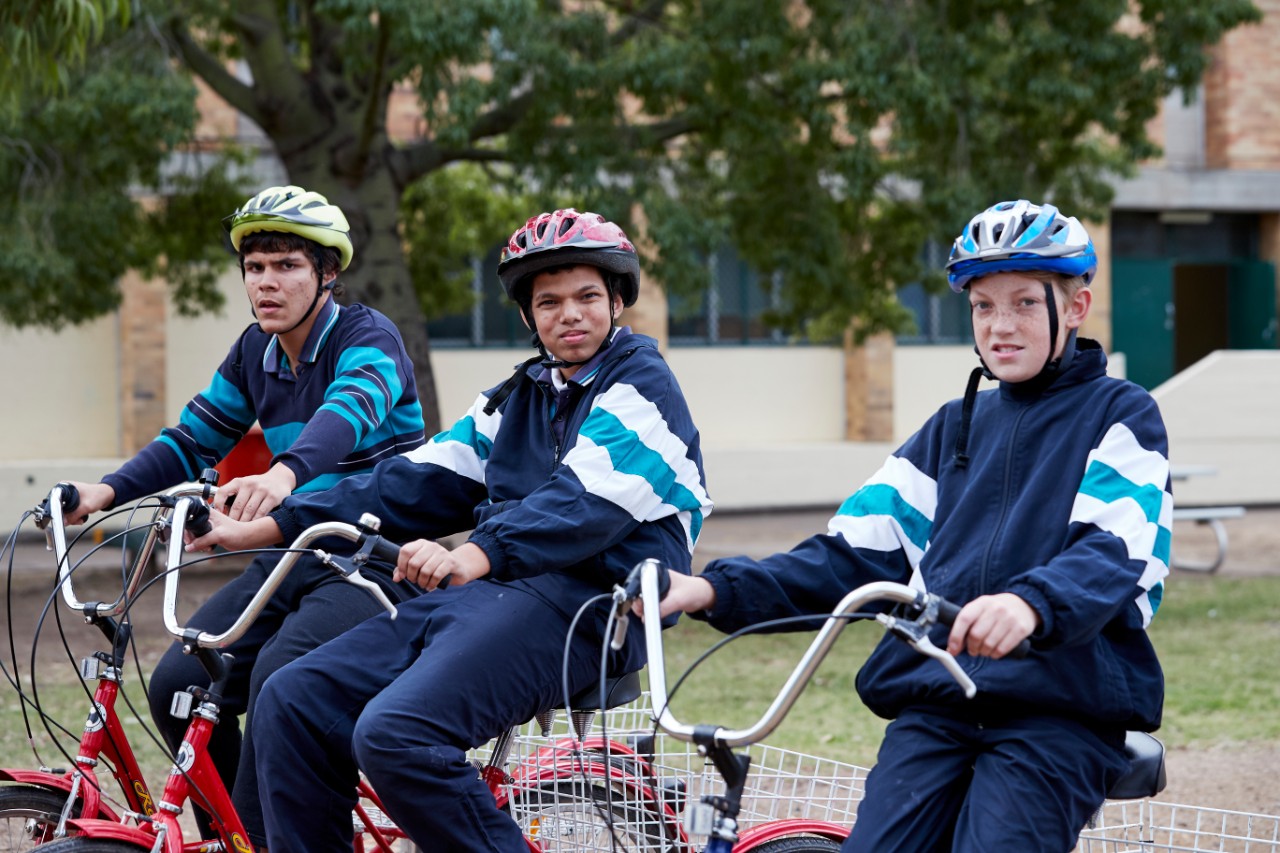Social skills
Use inclusive teaching and learning strategies to support students to have positive, meaningful interactions in the classroom.
About social skills
Socialising with others requires many skills. These include being able to express thoughts or ideas, listen to and understand what others say, show an interest in others, and share or take turns. Non-verbal behaviours are also important for socialising. These include using and understanding gestures, reading facial expressions, and knowing how close to stand to others and whether it is okay to touch someone.
Many things impact the way we interact with others. This includes personality traits (for example, shy and quiet versus outgoing and energetic), mental health (for example, feeling sad or low, compared with feeling happy and energised), ability to manage emotions (for example, coping with frustration), and cognitive and communication skills (for example, talking, using and understanding gestures, maintaining attention during a conversation, reading facial expressions, controlling impulses).

All students will take time to learn and acquire social skills, but some students process and understand social situations differently to others, and so may experience difficulties in making and keeping friends. Explicit teaching of social expectations and skills, with lots of opportunities to practise, can help these students to acquire the skills they need to navigate social situations.
It’s important to remember that when a student is not able to fully participate, it is usually because of the systems and structures in place, and a lack of understanding, not because of their abilities. This is why in addition to helping a specific student acquire social skills, approaches like peer mediated intervention, in which peers are supported to acquire the skills they need to fully include another student, and supporting peers to understand different disabilities, can help break down barriers to social participation. Some students with disability may have strong social skills, but experience exclusion by peers. When this is the case, consider using peer mediated intervention and other approaches to exclusion and bullying, rather than targeting social skills.
While most of the social skills strategies to follow will be beneficial for all students, they may be particularly relevant for some specific groups of students. Use the tabs below to explore when and why evidence-based positive behaviour supports may be particularly helpful for some students.

Social skills strategies
Explore when and why evidence-based positive behaviour supports may be particularly helpful for some students.



School Excellence Framework alignment
Wellbeing, Effective classroom practice
Australian Professional Standards for Teachers alignment
Standard 1: Know students and how they learn
Audience
Secondary teachers
Purpose
This resource includes a range of strategies for teachers to support students social skill development. Including: Evidence-based practice, best practice tips and other considerations.
Reviewed
November 2021. Share your feedback here